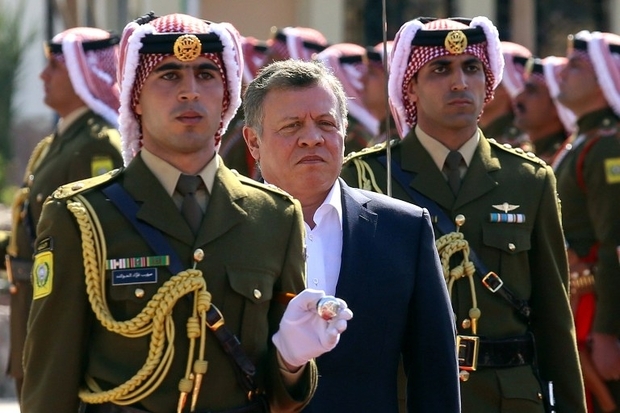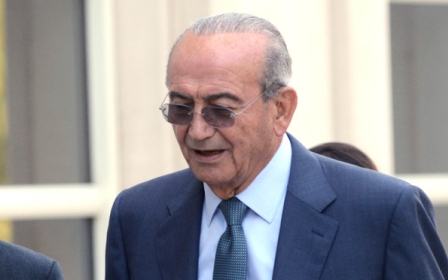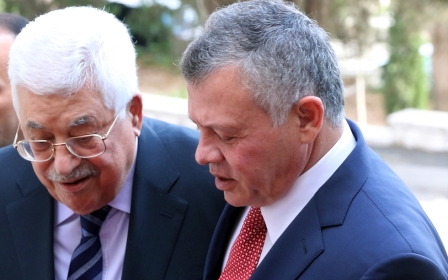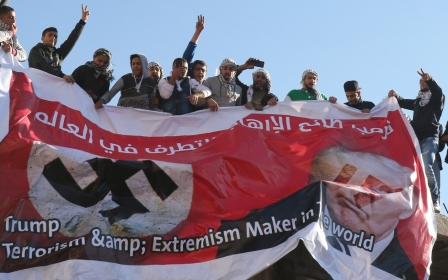Jordan royal palace denies rumours about dismissal of princes

Jordan's royal palace warned it would take legal measures against anyone spreading what it said were lies about the ruling family, just days after King Abdullah relieved his brothers from top army posts in a major shake-up.
The king, a staunch US ally, said last week that his brothers Prince Ali and Prince Faisal and his cousin Prince Talal - who all had high military ranks - would be retiring from the armed forces.
He said the move was part of a reorganisation of the armed forces' hierarchy and structure.
Prince Faisal was head of the royal air force and deputy chief of staff, while Prince Ali had for years been in charge of the royal guards responsible for the king's protection.
Talal bin Mohammad, a Sandhurst graduate who was an officer in the elite special forces, was also sent into retirement. They were all given honorary promotions.
Reports emerged over the weekend that the king had put members of his family under arrest because they were in touch with Saudi Arabia and the UAE and planning a coup against the monarchy.
A palace statement on Sunday said it would pursue legal measures against those who propagated "lies and false claims" in social media and online websites with the goal of driving a wedge between the royal family and ordinary Jordanians.
"This fabricated news circulated recently is aimed at undermining Jordan and its institutions," the statement said.
A Jordanian army source said the move by the king was prompted by a desire to set an example that the Hashemite ruling family was not above the law ahead of an anticipated move to retire dozens of senior army generals.
The king, who himself is an elite special forces commander, said the restructuring plan aimed to reorganise the 120,000-strong army by cutting costs and creating a more lean and effective force better equipped to modern warfare against terrorist groups.
The kingdom, which borders both Iraq to the east and Syria to the north and Israel to the west, has escaped relatively unscathed from the regional turmoil around it.
Many of the top army brass are drawn from native Jordanian tribes who form the backbone of the support for the royal family and play a dominant role in the army and government.
Jordanians see the royal family as a unifying force that holds together a country where many of its citizens are Palestinians whose families settled after successive Arab-Israeli wars, placing the kingdom at the heart of the conflict.
New MEE newsletter: Jerusalem Dispatch
Sign up to get the latest insights and analysis on Israel-Palestine, alongside Turkey Unpacked and other MEE newsletters
Middle East Eye delivers independent and unrivalled coverage and analysis of the Middle East, North Africa and beyond. To learn more about republishing this content and the associated fees, please fill out this form. More about MEE can be found here.




